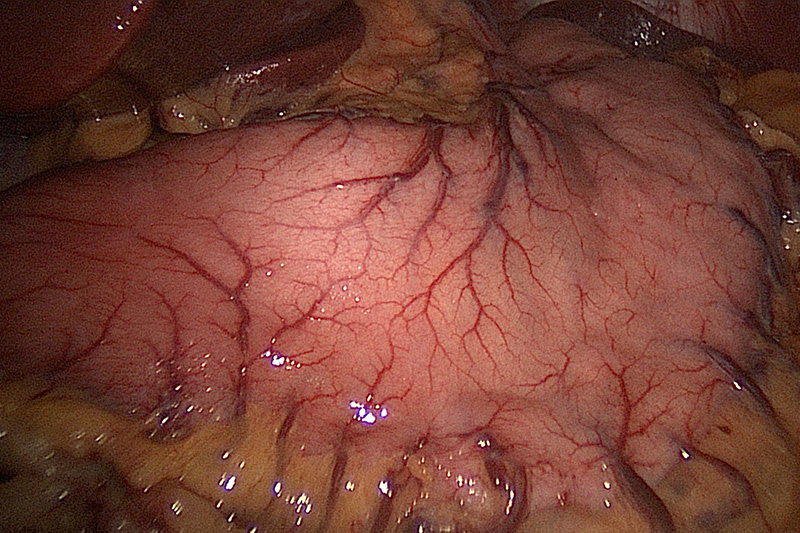This is a naturally occurring peptide hormone that is secreted by L cells of the gut. Secretion is stimulated by food intake. Amount of hormone secreted is directly proportional to the amount of calories ingested. In the stomach it decreases gastric acid secretion. When administered exogenously, oxyntomodulin has been found to have various effects on food intake and weight. It suppresses appetite by inducing satiety through effect on appetite centers of the brain; the hypothalamus and the brainstem. A person is able to eat less without alteration in the enjoyment of food. It has also been shown to increase the physical activity of obese individual to near normal. This results in increased energy expenditure and provides a negative balance in terms of food intake and energy spent. This promotes burning of excess body fat, thereby resulting in weight loss. Marked decrease in fat tissue stores is also associated with the hormone.






